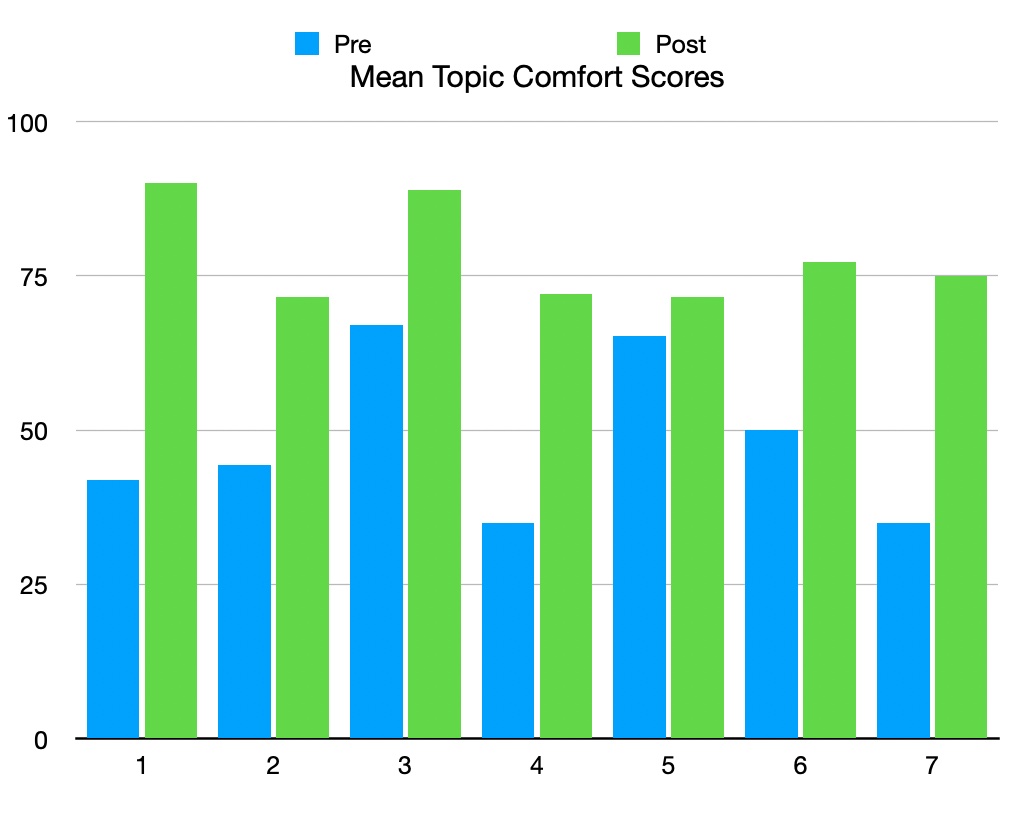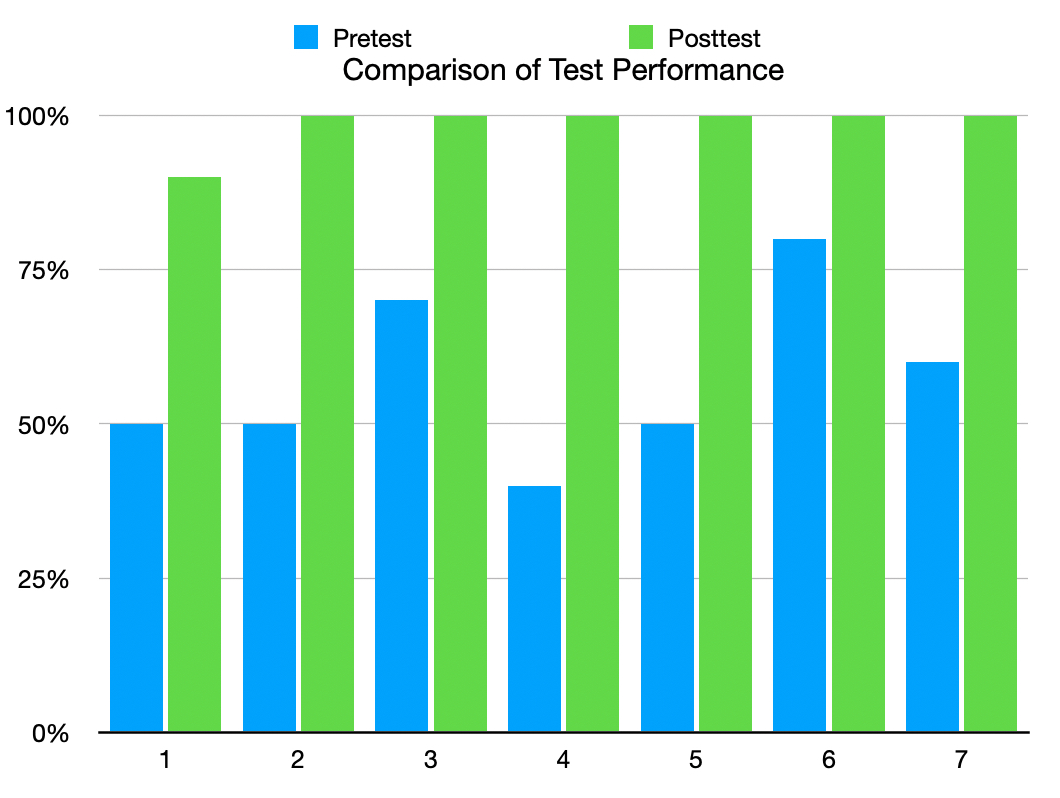Session Information
Session Type: Poster Session C
Session Time: 8:30AM-10:30AM
Background/Purpose: Of the rheumatic disorders that learners are expected to know, the vasculitides are among the hardest to grasp. Their pathogenesis is not well-established, they have many overlapping clinical features and they are rarely encountered in general medical practice. Additionally, the consequences of missed diagnosis and delayed treatment can be catastrophic. Therefore, “vasculitis” is a frequently requested topic for teaching from rotating learners. There also have been important advancements in diagnostic methods, guidelines and available treatments that our rotating learners should know about but may not yet have encountered in training.
This module focused on large vessel vasculitis (LVV), namely giant cell arteritis (GCA) and Takayasu arteritis (TAK). It is part of a larger module-based Rheumatology curriculum undergoing development at Virginia Commonwealth University School of Medicine (VCU SOM). The primary goal of this module is to provide learners with a short, effective learning tool to improve their understanding of the clinical features, diagnostic methods and treatment options of LVV in preparation for the cases they may encounter on tests and in clinical practice.
Methods: The study was conducted at VCU SOM. A brief slide-based topic overview was created using Apple Keynote that succinctly covered GCA and TAK. Slides contained high yield characteristics of the background, presentation, exam findings, diagnosis and treatment of these disorders. A test was created and administered for self-assessment and data collection via a secure online, cloud-based program. The test included 10 multiple choice questions to assess knowledge of the clinical presentations, preferred diagnostic techniques and treatment for LVV. A brief topic comfort survey was also created to compare the learner’s confidence in the material before and after the module. Learners rated their confidence in three domains on a scale 1-100 (clinical features, exam findings, diagnostic modalities). Learners were asked to take the test and survey just prior to proceeding with the topic overview and again upon completion of the content. Data were analyzed using the unpaired t-test.
Results: Seven participants completed the module. Learners reported a greater degree of confidence after completing the module compared to baseline (mean topic comfort scores of 78.1 and 48.4, respectively; improvement of 29.7 points, 16.9 — 42.5, p = 0.0003). This corresponded with significant improvement in test performance—mean pretest score was 57.1%, compared with mean posttest score of 98.6% (improvement of 41.5%, 29.6% — 53.2%, p = < 0.0001).
Conclusion: While sample size was small, the results show that this module helped learners significantly improve confidence in their knowledge of large vessel vasculitis, which corresponded with significant improvement in test score performance. Plans for future study involve testing participants again after one month to assess the durability of these effects.
 Results of each participant’s topic comfort rating before and after completing the educational content.
Results of each participant’s topic comfort rating before and after completing the educational content.
 Results of each participant’s test scores before and after completing the educational content.
Results of each participant’s test scores before and after completing the educational content.
To cite this abstract in AMA style:
Shoemaker D, Danielides S, Nandan A, Syed H, Rubinstein B, Patel S. A Module on Large Vessel Vasculitis for Learners in Rheumatology [abstract]. Arthritis Rheumatol. 2021; 73 (suppl 9). https://acrabstracts.org/abstract/a-module-on-large-vessel-vasculitis-for-learners-in-rheumatology/. Accessed .« Back to ACR Convergence 2021
ACR Meeting Abstracts - https://acrabstracts.org/abstract/a-module-on-large-vessel-vasculitis-for-learners-in-rheumatology/
